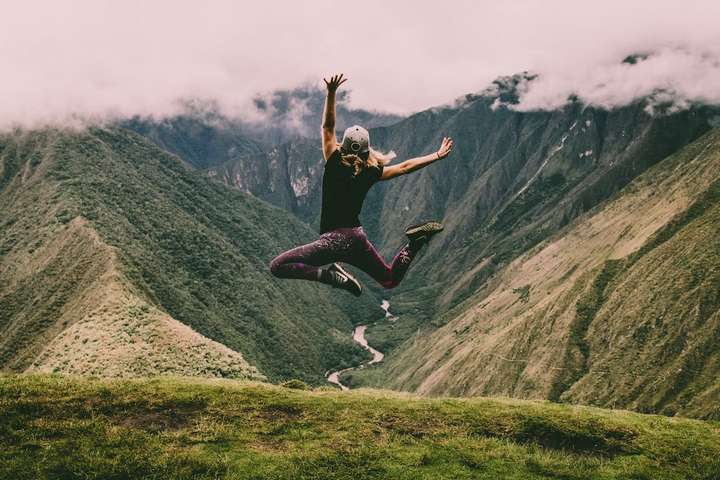If you have plans to go into the backcountry to hike, camp, and do other outdoor activities, one of the biggest things that you should concern yourself with is your physical safety. When you’re out in the middle of nowhere with no cell phone service and no immediate way to get help if you need it, you need to know how to best take care of yourself and address any issues that might arise.

To help you in doing this, here are three tips for staying safe when spending time in the backcountry.
Give Your First-Aid Kit A Lot Of Thought
As you’re getting ready for your backcountry adventure, you should make sure that you spend a lot of time preparing and putting together your first-aid kit. While it’s good to have a first-aid kit whenever you’re out in nature, if you’re going to be in the backcountry and off the beaten path, you may want to bring a more extensive first-aid kit with you than you normally would.
In your backcountry first-aid kit, you should have things like bandages and cleaning solutions if you get cuts or wounds, you should also have a splint or larger bandages for bigger wounds or broken bones. You should also bring medicine that can help you deal with basic health issues that could make it hard for you to get back to civilization comfortably.
Have A Solid Water Safety Plan
When you’re going into the backcountry for a few days or more, you’re not going to want to carry in all of the water that you’ll need during this time. While there are water treatment plants that take care of cleaning your drinking water for you when you’re close to civilization, you have to take care of this on your own when in the backcountry. So before you head out, you’ll want to have a solid water safety plan.
Depending on how much water you’ll be able to get in the backcountry and how clean that water likely will be, you’ll want to bring things like a water filter, a pot for boiling water, or chemical treatments to help clean the water and make sure it’s safe for human consumption.
Know How To Respond To Wildlife
In the backcountry, there’s a better chance that you’ll run into wildlife than when you’re hiking on a more well-traveled trail. While some wildlife will want to steer clear of you, it’s good to know what to do if you run into wildlife that could potentially be dangerous to you.
For animals like bears and mountain lions, it’s wise to not surprise them, so you’ll want to make a good amount of noise when you’re outside. And with all animals, you’ll want to keep your food away from them so they don’t seek you out to fill their bellies with your stash.
If you want to make sure you’re able to stay safe when in the backcountry, consider using the tips mentioned above as you prepare.





